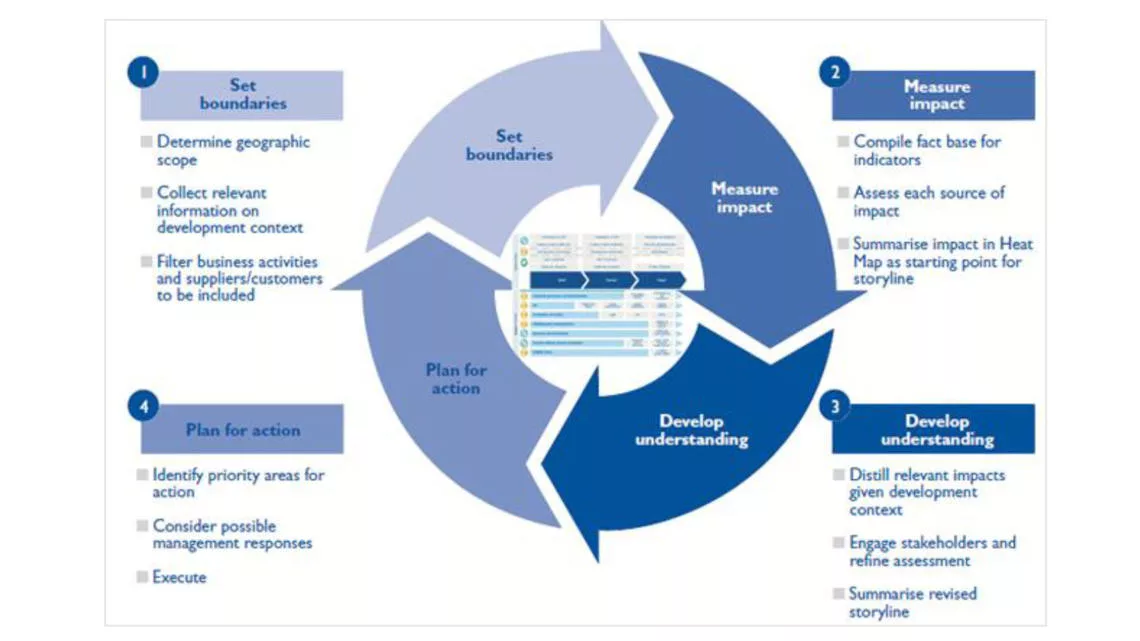Measuring Eskom’s footprint in South Africa
Published: June 30, 2012

Eskom is a vertically integrated, state-owned utility operating in South Africa. This case study highlights the “Eskom Factor”, a collective term used to refer to the company’s footprint in the country, which has been quantified through a comprehensive assessment of the economic, social and environmental impact, both positive and negative. First instituted in the 2011 financial year, the assessment is based on the “Measuring Impact” methodology developed by the World Business Council for Sustainable Development, which has been applied within the utility’s specific context. The “Eskom Factor” project is a culmination and analysis of a series of qualitative and quantitative data sets totaling some 150 indicators, which yielded six key areas of influence where Eskom’s footprint helps to shape South Africa’s development.